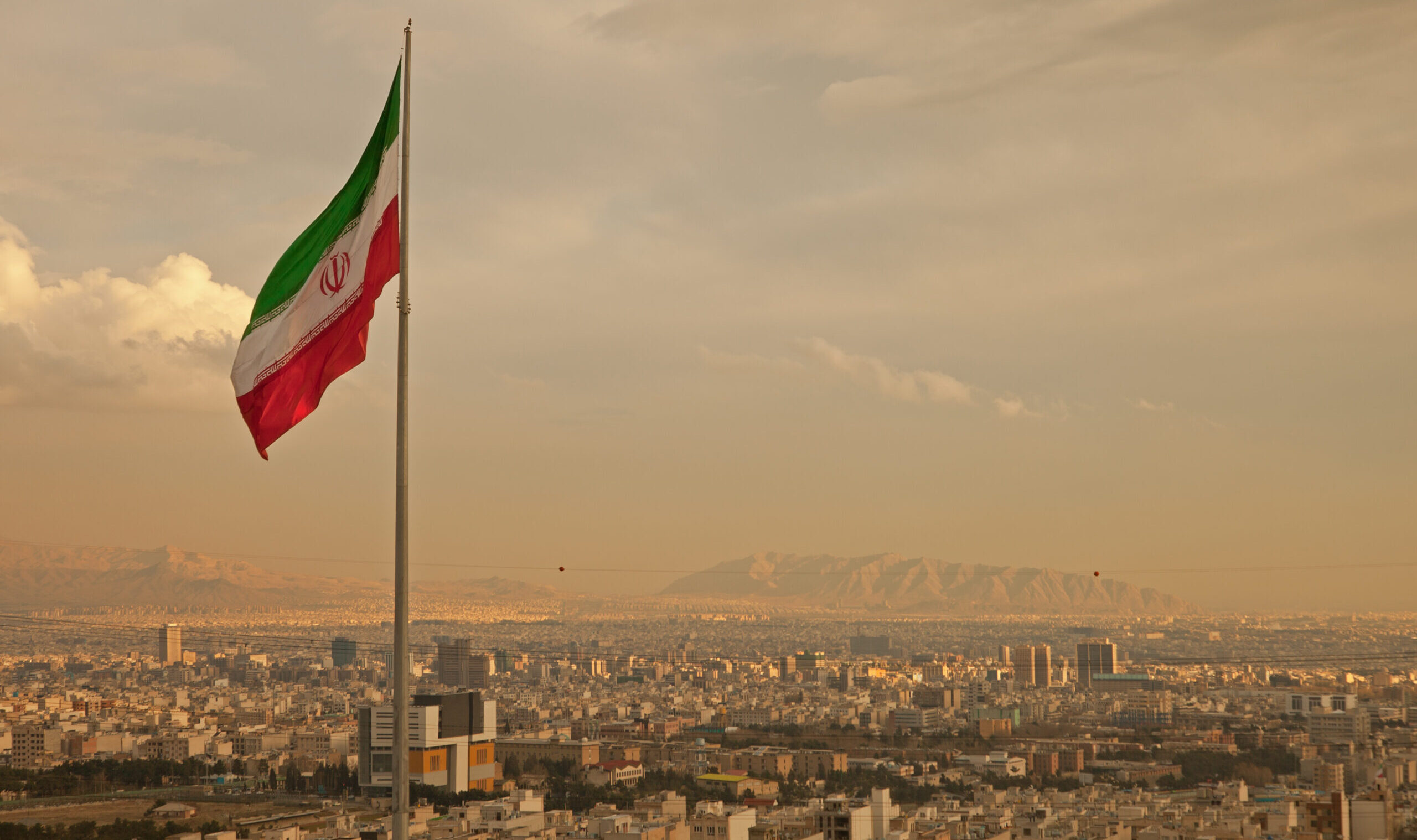Can Iran Diplomacy Be Salvaged?
A deal remains the least messy way to solve the biggest problem in the Middle East.

The Iran problem continues to fester for the administration. It is common but not official knowledge that the American strikes on Iranian nuclear sites stopped well short of the “obliteration” touted by President Donald Trump—indeed, that only one of the three targeted facilities even came close to being destroyed and the other two were not significantly damaged, not to mention the survival of the stockpile of enriched uranium. Forget mowing the grass; our S140 rolled over into a drainage ditch before it got to the back yard. Non-proliferation remains the American doctrine of the day, and, as these things go, it’s a pretty good one, so it remains in our interests to keep Iran from crossing the nuclear threshold. As predicted, a diplomatically brokered agreement with a monitoring program remains the only reliable way to do that.
But it takes two to dance the diplomatic tango. What are the Iranians going to do? Most of their hard conventional leverage is destroyed or degraded: the proxy militias, their ballistic missile program. Years of diverting resources from the conventional military to missiles and the nuclear program found them barely contesting Israeli air supremacy during the June war. (A warning, perhaps, for those who would put all the hope for American arms into developing next-generation gizmos.) It remains unclear whether the Americans gave the Israelis their blessing for the Iran strikes and, later, the Qatar strikes; the official line is yes on the former, no on the latter, but the reporting is contradictory. In either case, negotiating with the United States right now looks like a very good way to get blown up while your guard is down. That’s not a very durable platform on which to set your negotiating table.
The problems run deeper. Even if the Iranian leadership wishes to come back to the table, despite the reservations they doubtless feel, the domestic politics are tricky—very tricky. President Masoud Pezeshkian’s electoral victory was relatively close; he used significant amounts of political capital to engage in negotiations with the U.S., and the returns on investment were something short of inspiring. The hardliners’ fundamental assertion, that it is impossible to negotiate with the West and that such negotiations are fundamentally oriented toward weakening or entrapping Iran, looks pretty correct from the Iranian perspective. Surveying public opinion in the Islamic Republic is basically impossible, but if support for nuclear armament is soaring in a bystander country like Turkey, it is difficult to imagine that the sentiment of the citizens in the actually targeted country is appreciably more equanimous. Nor does the Supreme Council seem terribly inclined to give Pezeshkian play to negotiate more. American actions have constrained the Iranians’ room to maneuver, which, in turn, constrains our own.
Subscribe Today
Get daily emails in your inbox
So what’s left? One assumes that further military intervention is on the table—finishing the job of finishing the job. There’s no reason to think this will be easier than the first pass, but let’s assume that it is in fact successful. If Iran remains intransigent, we’re back to the expensive and unstable model of mowing the grass, flying in and bombing things when Iran makes progress on nuclear or conventional arms. If Iran makes an “unconditional surrender”—a national humiliation it is difficult to imagine the public or all elements of the ruling regime swallowing—it will be a difficult peace to enforce. If the U.S. finally follows through on retrenchment from the Middle East, the analogue will be to Germany in the First World War: a humiliated power that will feel significant pressures to rearm in the absence of American police power. (Issues of scale, armament, and unfriendly neighbors make it unlikely that Israel unaided can be the permanent police power enforcing disarmament.) The alternative is abandoning retrenchment and resigning ourselves to a permanent American presence in the Middle East, as happened in Europe at the conclusion of the Second World War. (NATO is in fact primarily a 75-year project for preventing German rearmament—“the Germans down, the Russians out, and the Americans in”—and only secondarily an anti-Russian pact.) So we’re back then, at least in potentiality, to mowing the grass.
This looks like an impasse, and not a very nice one for those who would like to see less American involvement in the Middle East, not more. One tactic that is worth considering is unilaterally relaxing American sanctions against Iran, implicitly or explicitly as a condition for Iran coming back to the negotiating table. This goodwill gesture would do little to harm American interests—sanctions have proven supremely ineffective at accomplishing American strategic objectives in Iran, anyway—and it will give Pezeshkian and the government a way to sell negotiations to the Iranian public and the Supreme Council. It might not work, but the options on the menu right now are few and unappealing.
George Kennan writes that one of the distinguishing features of postwar diplomacy, especially American diplomacy, is the conflation of military goals with political goals. Bombing operations, even when actually successfully executed, do not themselves produce a political settlement, and as often as not undermine it. American national interests in the neighborhood remain the same: retrenchment, the prevention of a Middle Eastern hegemon, and the suppression of Islamic terrorism. Short of a massive program literally to colonize the area, the use of force must be supplemented by or, indeed, yield pride of place to diplomacy.